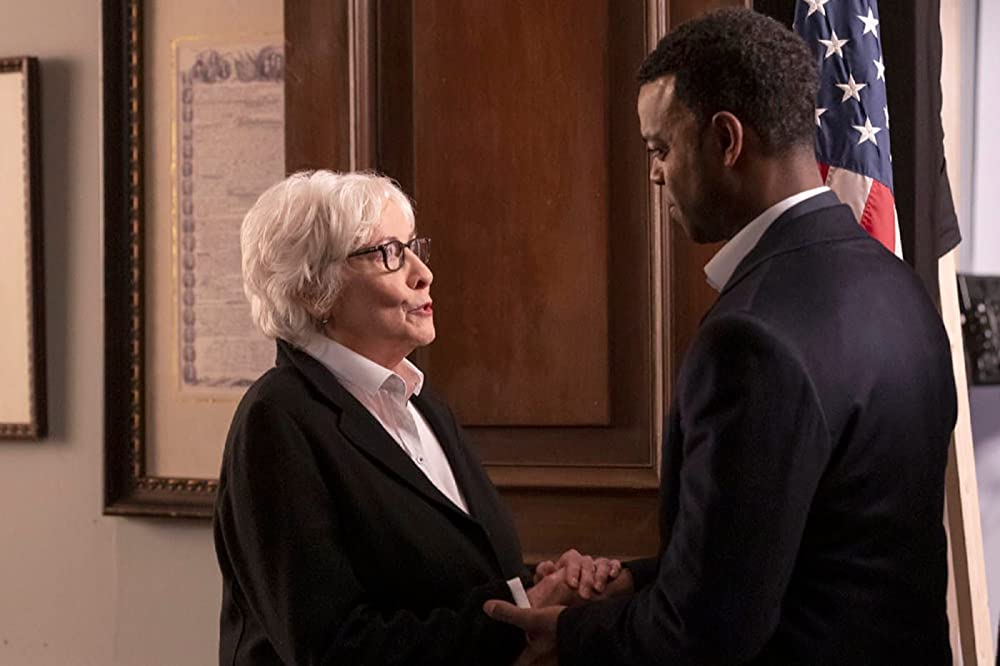The Special Victims Unit Tangled Strands of Justice
The SVU investigates high-profile crimes that have recently made headlines, weighing the evidence and questioning suspects until someone is taken into custody.
In this episode, Captain Olivia Benson (Mariska Hargitay) leads the SVU as they tackle a case from a decade ago and another that revolves around unethical investigative practices. This is the season’s most complex story yet, filled with conflict and politics!
Human trafficking
Human trafficking is a crime in which men, women and children are snatched from their homes, forced into labor or commercial sexual exploitation, and transported across borders. There are a variety of reasons for trafficking, including economic hardship, poverty, abuse and mental health issues.
Sex trafficking is a particularly heinous form of trafficking because it affects women and children in particular. The United States estimates that each year 1 million children are exploited in the sex industry.
The United States defines trafficking as any wrongful act that compel or coerces an individual to perform a labor or commercial sexual act in violation of their lawful wishes. Depending on the specific circumstances, trafficking may involve forced prostitution, sex-related slavery, or debt bondage.
Survivors of human trafficking are often trapped in a cycle of abuse, exploitation, and deception. They may be denied food, shelter, or adequate medical care. They are subject to psychological, physical, and sexual violence; forced or coerced use of drugs; emotional manipulation; financial exploitation; and inescapable debts.
Many victims of trafficking are children, who are deprived of the opportunities available to them in their home country. They may lack education and English skills, and are less likely to have family support systems and a sense of safety.
There are three main types of human trafficking: labour-related, sex, and debt bondage. Labour-related trafficking involves forced or bonded work in agriculture, construction, forestry, manufacturing, mining, hospitality services, and other sectors.
Forced or bonded labor occurs when victims are forced to perform labor for money, or under conditions such as low or no pay, and on exploitative terms that they cannot escape. Examples of labor-related trafficking include child labour, agricultural labour, domestic servitude, and migrant worker exploitation.
Debt bondage is a particular type of bonded labour that occurs when a victim owes money to a trafficker, but they are unable to pay it back. This kind of bonded labour is prohibited in the United States and has been banned in many other countries.
The trafficking of children for sex or for forced labor has received increasing global attention in recent years, but many other forms of trafficking remain unrecognized and underreported. For example, some governments have manipulated their citizens into forced marriage and labor schemes by threatening the withdrawal of public benefits or salary withholding.
Sexual assault
If you have been a victim of sexual assault, or someone close to you has been, you know the impact it can have on your life. Survivors can experience long-term symptoms like anxiety, posttraumatic stress disorder (PTSD), depression and sleep problems, to name a few.
Many people are unfamiliar with what sexual assault and rape are, and this can make it hard for victims to get the help they need. If you’re unsure whether or not you have been assaulted, it’s always best to seek professional advice from a trained sexual assault counsellor.
You should also consider contacting 1800 RESPECT (800 737 732), the national sexual assault service. It’s a confidential 24-hour helpline where you can speak to experienced counsellors who can discuss your situation and give you tips on what to do next.
One of the most difficult parts of sexual assault is getting through the aftermath, as your emotions and body are trying to process the trauma you’ve experienced. It can be very challenging to focus on anything else, which is why experts recommend allowing yourself some time to calm down and relax.
During this time, it can be helpful to talk to your friends and family about how you are feeling. They may be able to offer you support and share their own experiences with sexual assault.
Another way to support survivors is to educate yourself about sexual violence and its effects on their lives. This can help you understand how to protect yourself and your loved ones, as well as how to prevent it from happening in the first place.
There are many forms of sexual violence, but the most common is non-consensual sex. This could be any sexual act without the consent of the victim, including sex that occurs while they are intoxicated or asleep.
Some perpetrators use psychological pressure or emotional bullying to coerce a victim into non-consensual sex. These can include threatening to hurt the victim or their family, causing them to be embarrassed, or a number of other tactics.
This can be a very traumatic experience for any victim, regardless of the age of the victim or their level of education. It can also have a serious effect on the mental health of the victim, making it more difficult to think clearly and move forward with their life.
Child molestation
Child molestation is a serious crime that can have long-term effects on the victim and his or her family. It is also a crime that can be punished with jail time. If you are accused of this crime, it is important to seek legal representation from an experienced criminal defense attorney who can protect your rights and fight for you.
In Washington State, sex offenses that depend on the age of the victim are divided into two types: rape and child molestation. In a child molestation case, the perpetrator must have acted with the intent to gratify sexual desire of the victim.
This can be done through various methods, including molesting a child or placing the victim in an inappropriate position. It can also include exposing a child to pornography, or photos or videos of sex acts.
These activities can be used to arouse or satisfy the sexual desire of the child, and they could also be an attempt to get a child into prostitution. A sexual offender can be convicted of child molestation even if the victim is older than he or she is.
Many times, a person may not realize that he or she is being molested until it is too late. The victim’s physical or behavioral signs can be difficult to spot. These can include depression, anxiety, anger, loss of appetite, withdrawal from normal activities, substance abuse, self-mutilation, fear of certain places or people, bed-wetting, night sweats and nightmares.
The victim’s genitals can be painful or inflamed, and they can experience infections or bowel movements that hurt. Other physical or behavioral signs that the victim is being molested can include a fever, nausea, vomiting, headaches, dizziness and seizures.
Most of the child molesters who commit these crimes are not known to the police or the public. Some are members of religious groups, such as Catholic priests. Other molesters are family members or friends.
A number of factors influence the likelihood of a person becoming a child molestation offender, including childhood abuse, genetics, and criminal history. These factors can make it more likely that a person will molest a child, and can lead to the child having a harder time recovering from the crime.
Criminal sexual conduct
Sex offenses are not only devastating, but they can also leave a person with a criminal record that will follow them for the rest of their life. This is why if you’ve been charged with any type of sex crime, it’s critical to consult with an experienced and dependable lawyer as soon as possible.
First-degree criminal sexual conduct is the most serious offense and carries severe penalties, including a prison term and a fine. It occurs when an individual uses a position of authority to sexually harass or assault another person. This can include using your power to touch a person who is underage or has mental illness.
In some cases, consent to engage in sexual acts may be used as a defense against a charge of first-degree criminal sexual conduct. However, in other cases, this may not be a valid defense. Often, this is because the accused used a position of authority to sexually harass the victim.
Second-degree criminal sexual conduct is a felony offense that involves the use of force to compel sexual contact, or coercion through physical force. This is often a very difficult case to win and requires the assistance of an experienced and knowledgeable sex crimes attorney who can challenge the prosecution’s evidence.
Third-degree CSC is known as statutory rape and entails sexual penetration with a minor or an adult close in age, such as a teacher-student relationship. This type of criminal sexual conduct can attract up to 15 years in prison, depending on the specific details of the case.
Fourth-degree CSC is similar to third degree, but it does not involve penetration. This offense can also result in a sentence of up to 10 years in prison and registration on Michigan’s Sex Offender Registry for life if convicted.
If you’re facing charges for any kind of sex crime, it’s crucial to consult with an aggressive and knowledgeable sex offense attorney who has a proven track record of success. The right attorney can help you build a strong defense and fight to protect your reputation and future.
Nicole Blank Becker is the best sex crimes attorney in Michigan and she will fight hard to protect your rights. Her practice is entirely focused on sex crime defense and her experience in dealing with all four degrees of criminal sexual conduct makes her the ideal choice for your case. She’s a tenacious and results-driven lawyer who can keep a good attorney-client relationship. She is a former prosecutor who has successfully represented thousands of people who have been accused of all four degrees of criminal sexual conduct and related sexual related crimes in the state of Michigan.




